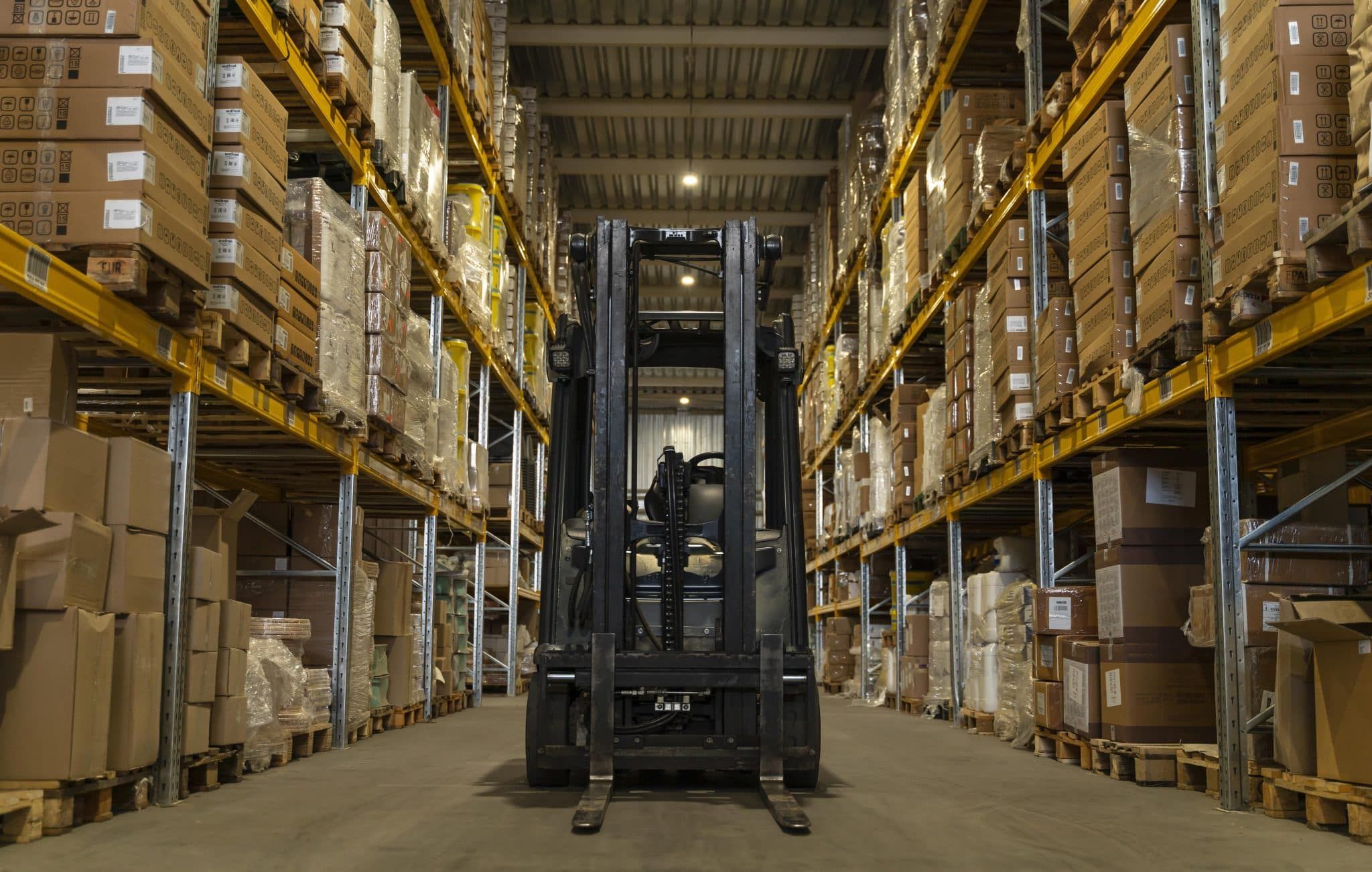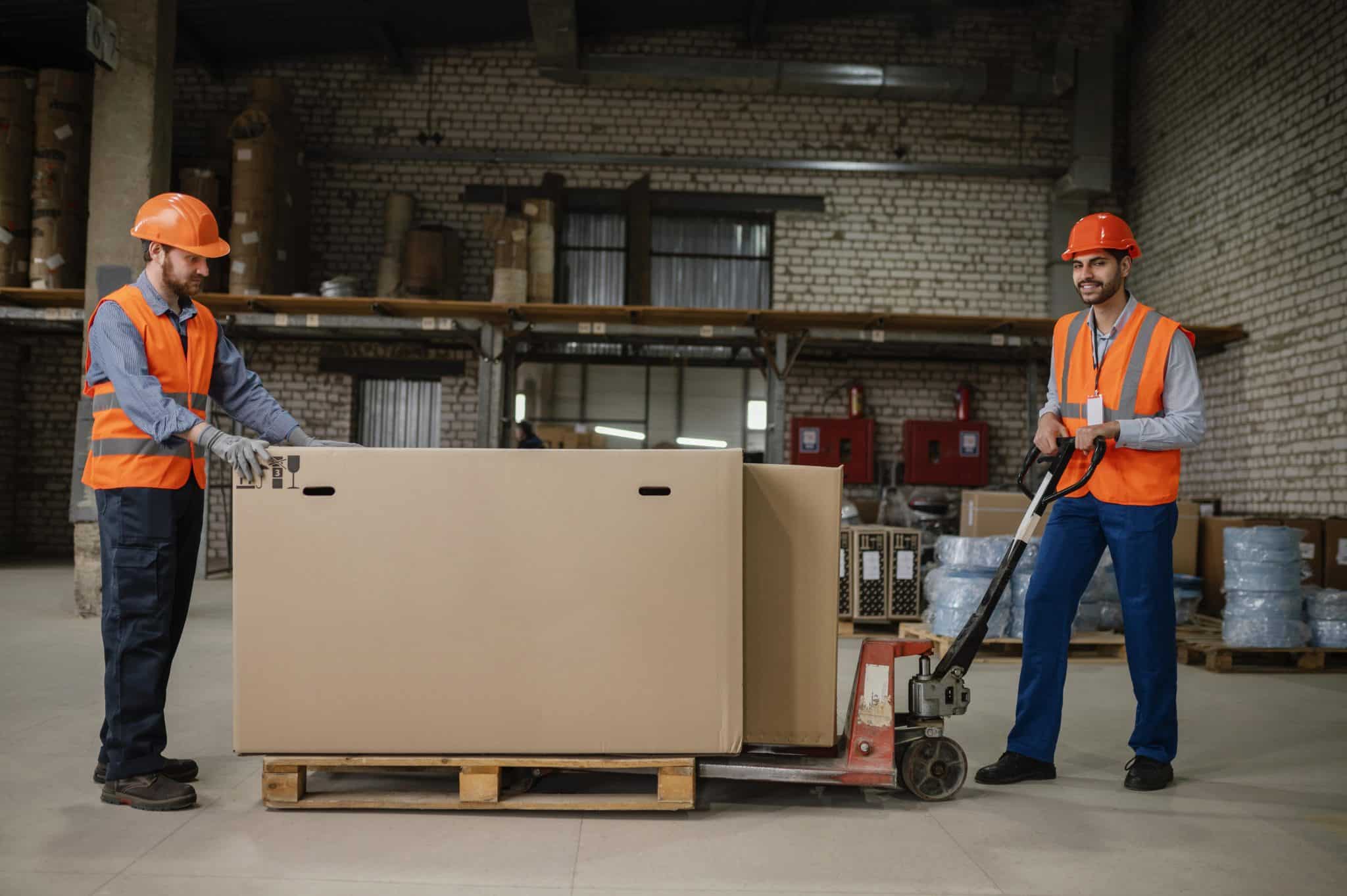
How to Choose a New Forklift for Your Business Needs
Choosing the right forklift for your business is a critical decision that impacts productivity, safety, and long-term profitability. With various models and options available, how do you find the perfect one that suits your needs? Every business has unique operational demands, whether it’s load capacity, manoeuvrability, or energy efficiency. By selecting the right forklift, you can enhance your warehouse productivity, reduce operational costs, and improve workplace safety.
Frequently asked questions about choosing a new forklift
Before purchasing a forklift, the first step is to clearly identify your business’s specific operational requirements. Consider the following questions:
What types of materials will you be handling?
The weight and dimensions of your loads will help determine the load capacity you need.
What are your site conditions like?
Evaluate your site conditions thoroughly before choosing a new forklift. Check whether you are operating in a confined warehouse with tight spaces or an outdoor environment with uneven terrain.
How frequently will the forklift be used?
High usage may require more robust models or additional ergonomic features for operator comfort.
By answering these questions, you can begin narrowing down your options. For example, if you operate a small warehouse, a narrow-aisle electric forklift might be ideal, whereas a large construction site may require a rugged, diesel-powered forklift with higher load capacity.
Choose the Right Power Source: Electric vs. Internal Combustion
One of the most critical decisions when buying a new forklift is choosing the right power source. There are two primary options: electric forklifts and internal combustion (IC) forklifts, which can be powered by diesel, gasoline, or LPG.
- Electric Forklifts: These are ideal for indoor use, as they produce zero emissions and operate quietly. Electric forklifts are more energy-efficient and have lower maintenance costs over time. However, they may have a shorter runtime compared to IC models and require recharging infrastructure.
- Internal Combustion Forklifts: If your operations are primarily outdoors or involve heavy lifting, IC forklifts may be the better choice. They offer higher load capacities and longer runtimes, but they do emit exhaust fumes and tend to be noisier. IC forklifts are also better suited for uneven terrain.
Evaluate Forklift Load Capacity

The load capacity is another essential factor in selecting the right forklift. Each forklift is designed to handle a specific load limit, and exceeding this can compromise safety and lead to costly repairs.
- Determine your typical load weight: Choose a forklift that has a capacity slightly higher than your average load weight to account for any variations.
- Consider load centre: The load centre, or the distance from the front of the forks to the centre of gravity of the load, is crucial. A higher or uneven load can shift the centre of gravity, affecting the forklift’s balance and capacity.
For example, if your warehouse commonly handles palletised goods weighing 2,000 kg, you might want to invest in a forklift with a capacity of 2,500–3,000 kg for flexibility and safety.
Consider Forklift Size and Manoeuvrability
The physical dimensions of the forklift and its manoeuvrability are vital when operating in confined spaces or narrow aisles.
- Measure your operating environment: Ensure the forklift can easily navigate through your facility’s narrow aisles, doorways, and storage racks.
- Turning radius and visibility: For small warehouses, opt for models with a tight turning radius and enhanced visibility features, such as rear-view cameras or 360-degree operator visibility.
In fact, research shows that using forklifts with better manoeuvrability can improve operational efficiency by up to 25%, especially in warehouses with limited space.
Evaluate Safety Features
Safety is non-negotiable when operating forklifts. Modern forklifts are equipped with a range of safety features designed to minimise accidents and protect both the operator and the goods being handled.
Some of the top safety features to look for include:
- Automatic speed control: This reduces the risk of accidents when navigating sharp turns.
- Load sensors: These prevent overloading and tipping.
- Ergonomic operator cabins: For long shifts, an ergonomic design helps reduce fatigue and increase alertness.
Ensuring that your forklift is equipped with advanced safety features can prevent costly accidents and downtime. In fact, businesses that invest in forklifts with integrated safety systems see a 15% reduction in workplace incidents.
Assess Forklift Durability and Maintenance Needs
When buying a new forklift, it’s essential to think about long-term durability and maintenance. Look for models with a strong reputation for reliability, especially if your forklift will be used frequently or in tough conditions.
- Check the manufacturer’s warranty: Longer warranties often indicate higher-quality products.
- Enquire about maintenance schedules: Regular maintenance is essential for prolonging the lifespan of your forklift. Ask about service intervals and the availability of replacement parts.
Consider Your Budget and Financing Options
Cost is a significant factor when investing in new equipment, and forklifts are no exception. Prices vary based on load capacity, power source, brand, and additional features.
- Leasing vs. buying: If your budget is tight, leasing a forklift might be a cost-effective option, allowing you to spread out the costs over time.
- Total cost of ownership: Don’t just consider the upfront price. Factor in the cost of maintenance, fuel or electricity, and operator training.
Choosing the right forklift for your business is about balancing your operational needs with budget, safety, and long-term costs. Whether you opt for an electric or IC model, ensure the forklift can handle your typical loads, navigate your workspace efficiently, and meet your safety and durability expectations.
At Aussie Forklift Sales, we offer a wide range of high-quality forklifts tailored to suit various business needs. Our team is here to help you find the perfect match for your operations, ensuring enhanced productivity and safety. Contact us today to discuss your requirements and explore our selection of new forklifts that can elevate your business to the next level. Don’t miss out on the opportunity to invest in the right equipment for your success!
buy new forklift, new forklift in Sydney, used forklift, used forklifts Sydney